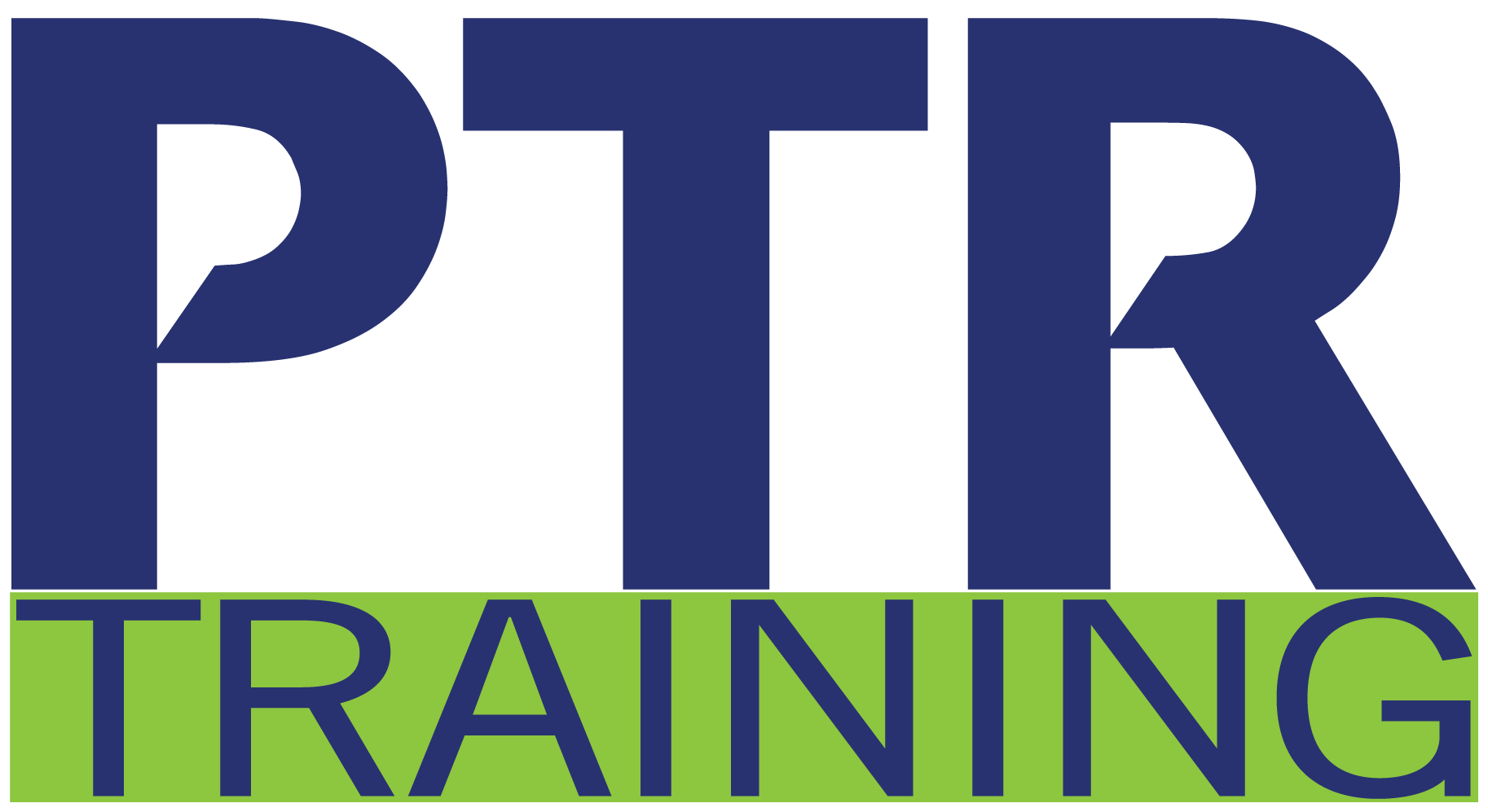Formats: 4-hour virtual course | 1-day instructor-led onsite
Virtual teams are more prevalent today than they have ever been. And the challenges of working with remote team members have never been more difficult. This interactive program teaches your virtual or remote team to act as one while maintaining individual accomplishments and fostering a sense of cohesiveness.
Learning Objectives »
- Compare virtual and remote teams
- Review the phases of team growth and apply them
to a virtual environment - Apply best practices for building and maintaining
trust in a virtual team environment - Develop a code of conduct
- Avoid and overcome common obstacles
- Identify communication and technology tools
Course Agenda »
Team Fundamentals
- Defining Team
- Virtual and Remote Teams
- Phases of Team Building
- Team Roles
- Characteristics of High-Performance
- Virtual Communication
- Success Habits for Virtual Teams
Maximizing Virtual Team Dynamics
- What Everyone Wants
- Virtual Team Values
- Mission Statements
- Developing a Virtual Team Mission
- Authentic Communication
- Commonality
- Guidelines for Building Trust
- Effecting Change
- Conflict Resolution
- Leading Without Authority
- Leading Peers
- Roadblocks to Team Performance
- Code of Conduct


